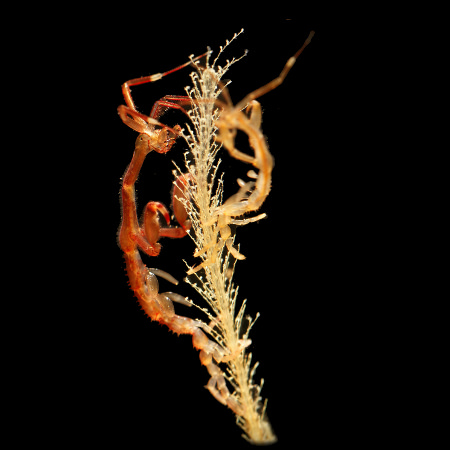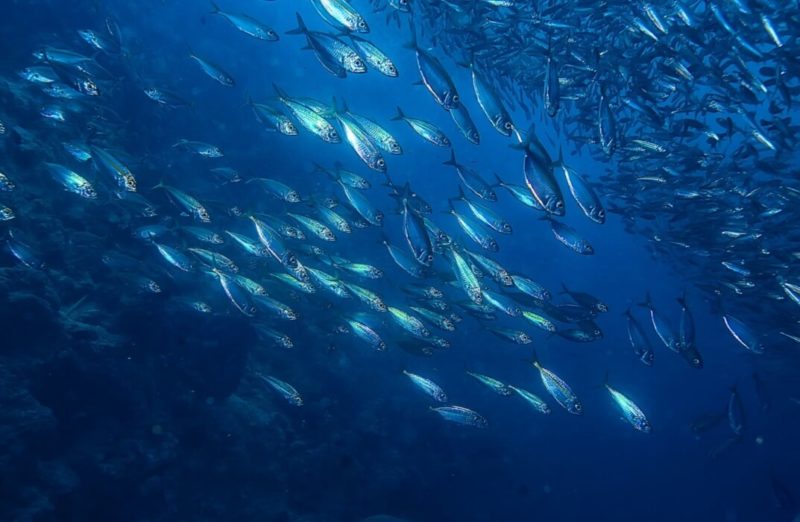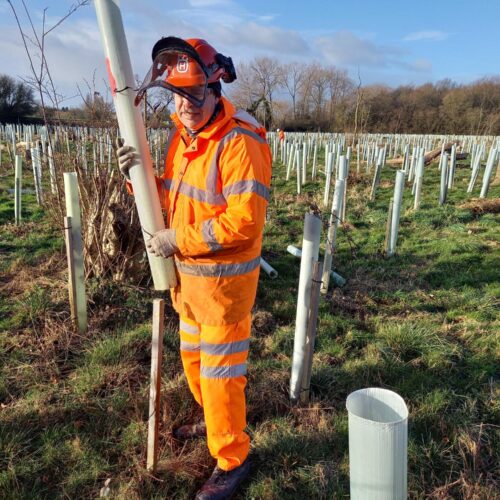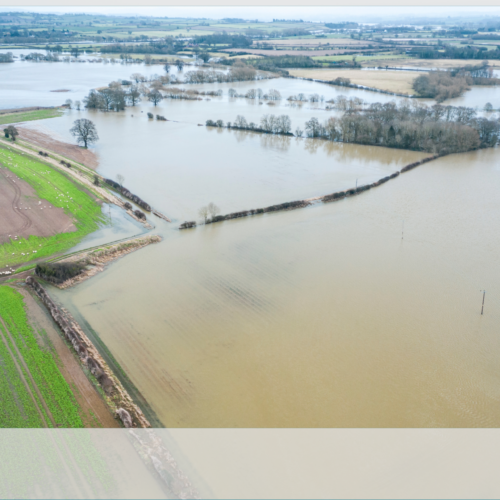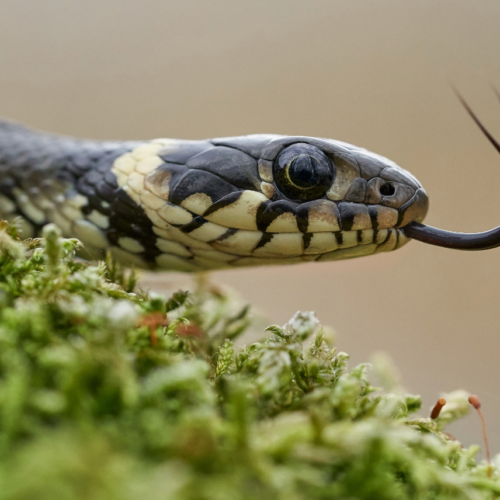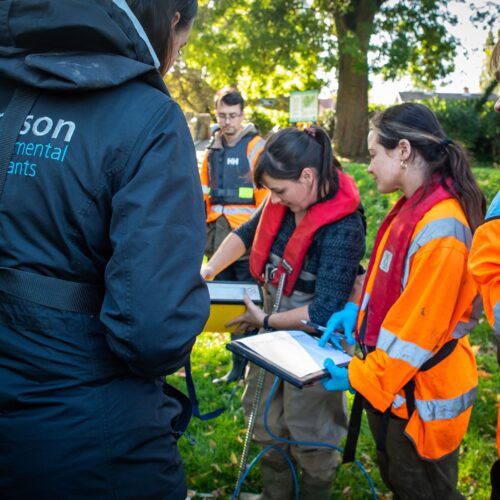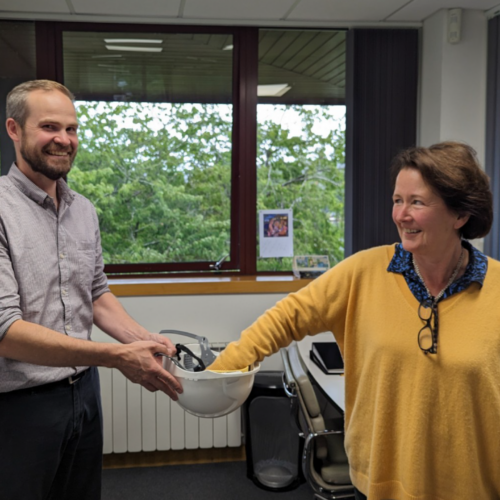Alien marine species are species that are not native to an area and are one of the most serious threats to global biodiversity, alongside over-exploitation
and habitat loss.
Leading UK ecology consultancy Thomson Ecology, recently completed an exciting project for Harwich Haven Authority (HHA), undertaking research to identify gaps in the knowledge and understanding of alien marine species. The team analysed the wealth of biological data which had been acquired by Thomson Unicomarine for HHA over the previous five years to find records of alien species and their distribution, and to identify gaps in the data and knowledge.
Many alien species become part of the background flora and fauna while others dominate native species, significantly altering community structure and ecosystem function, and at the most extreme causing extinction of other species. They can also have a significant impact on local and national economies.
Two of the worst offenders in the UK are:
Chinese mitten crab (Eriocheir sinensis)
This originates in Asia and they get their name from their furry claws which resemble mittens. The crab is thought to have come to this country in ships’
ballast water and has made significant progress from the sea into rivers across the UK. This is a burrowing crab which is highly destructive; it can
cause damage to fishing gear, undermine river banks, block intake screens, modify natural habitats and compete with native species such as the white clawed crayfish.
Japanese skeleton shrimp (Caprella mutica)
The Japanese skeleton shrimp has been introduced to British waters through transportation in ballast water or as a fouling organism on ships’ hulls. This
shrimp is an aggressive and highly competitive species, outcompeting the native UK shrimp species (Caprella linearis). Japanese skeleton shrimps are
most commonly found on man-made structures. They have been recorded blocking water intakes for the feeding systems at fish farms and settling on mussel
lines, displacing juvenile mussels, and therefore having an economic impact on coastal businesses.
One of the outcomes of this project included the recommendation of options to manage the risk, including management of ballast waters to minimise the introduction of invasive alien species.
To find out more about this interesting project, see more here.
Image: Japanese skeleton shrimp, by Hans Hillewaert

